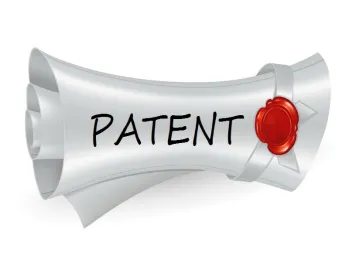Patent law has many surprises in store for academic scientists pursuing a patent for the first time. Many patent attorneys were once researchers just like you—we understand it can be intimidating. This blog series provides tips that, while simplified, will help you to start thinking like an informed inventor.
Part I: You’ve made a discovery – Now what?
We’ll start with the first question a patent attorney might ask you: Have you told anyone about your invention?
A patent can be thought of as a monopoly granted by the government in exchange for the disclosure of an invention. If an invention is publicly disclosed before a patent application is filed, the premature disclosure might preclude obtaining patent protection for your invention.
Therefore, it is important that you refrain from presenting, bragging to friends, tweeting, or otherwise publicly disclosing your invention before a patent application is filed to protect it. Public disclosures include journal articles, abstract publications prior to meetings, verbal communications, poster presentations, graduate student theses, United States government grant applications, information associated with clinical trials white papers, and company press releases or advertisements.
-
Did you know that the entire contents of your research plan and preliminary data in a NIH (or other federal agency)-funded grant proposal becomes public as of your funding date under the Freedom of Information Act?
-
Did you know that some journals publish galley proofs of accepted manuscripts before you have approved them for publication?
-
Did you know that some scientific organizations post abstracts online on a rolling basis as they are accepted?
All is not necessarily lost if a discovery has been made publicly available. In the United States, for example, a patent application might be entitled to a grace period that runs for up to 1 year after an invention’s first public disclosure. Limited grace periods are also available in other countries such as Canada and Japan.
Part 2-The standard for inventorship is more stringent than for authorship – and matters.




 />i
/>i

